In the last few years, the number of whales getting tangled up in fishing gear in local waters has skyrocketed. In 2016, the National Oceanic and Atmospheric Administration reported 71 separate cases of whale entanglement with fishing gear on the West Coast. That is 41 more instances of whale entanglement than in 2014 and the highest annual total since the agency first started keeping track in 1982.
Armed with 30 years of whale sighting data in the Farallon Islands, ACS San Francisco Bay Chapter research grant awardee Kaytlin Ingman set out to find out why more whales were getting caught in fishing equipment than nearly ever before.
